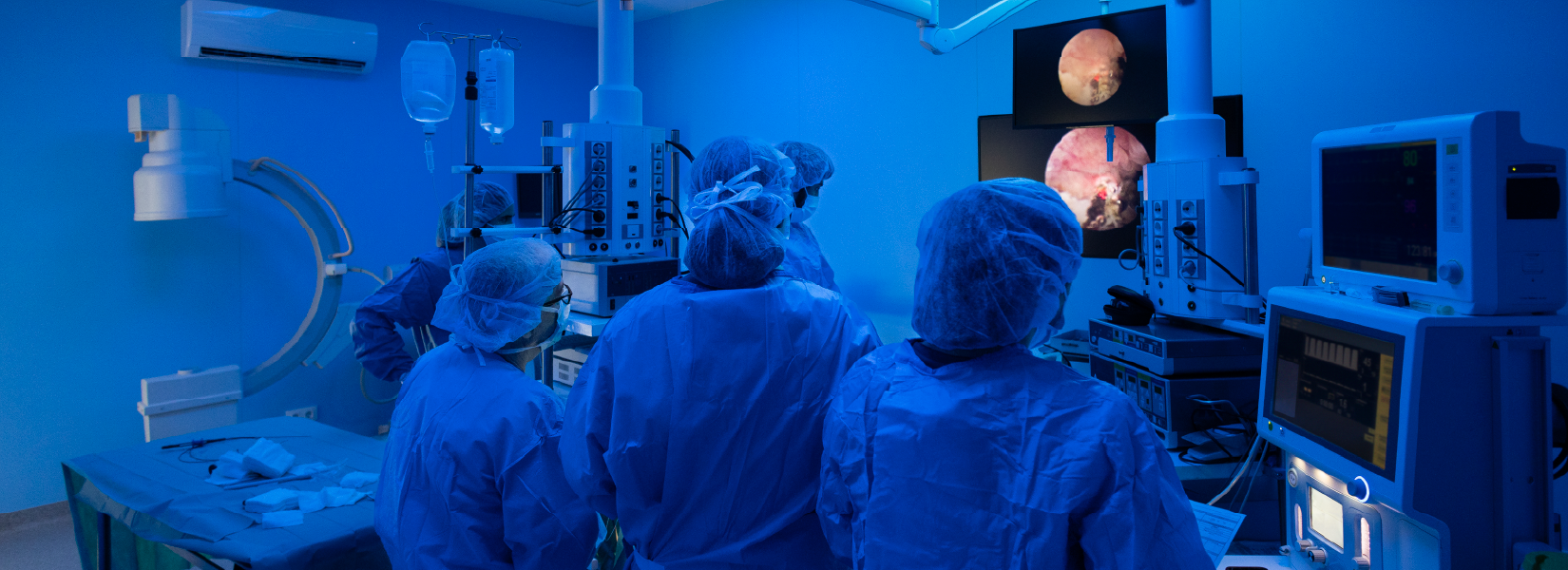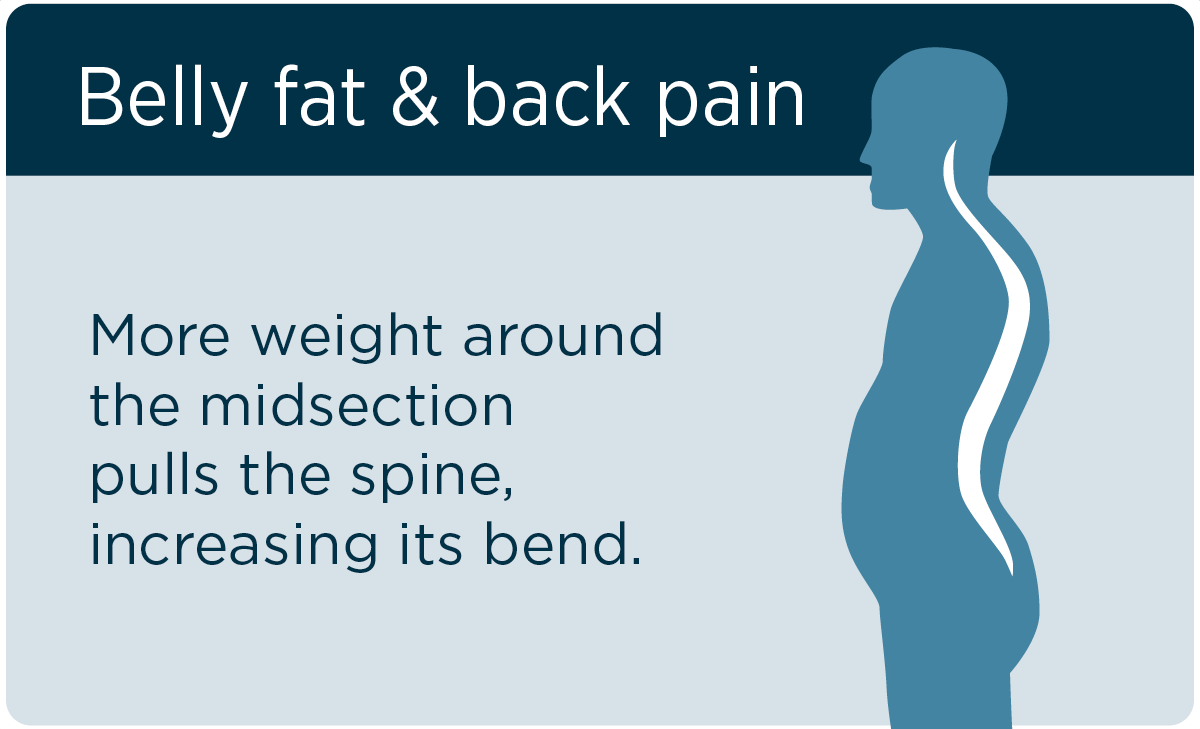Probiotics from supplements, yogurt and fermented foods have gained popularity to improve digestive and gut health.

Some people swear by them, taking them daily.
“How probiotics work isn’t entirely understood,” said Jenell Bushong, Marshfield Clinic Health System gastroenterology nurse practitioner. “However, there is evidence they can improve symptoms of some gastrointestinal illnesses and help maintain a healthy balance of beneficial gut bacteria.”
What do probiotics do?
Probiotics are “good” bacteria for gut health found naturally in the body, in yogurt, fermented foods and dietary supplements.
RELATED ARTICLE: Best fermented foods for gut health, plus a sauerkraut recipe
They have three main digestive health benefits:
- Add billions of bacteria to the gut to restore balance between “good” and “bad” bacteria. This helps the digestive system work like it should.
- Strengthen the digestive tract’s lining, which prevents bacteria from sticking to the gut.
- Provide a barrier to shield the body from “bad” bacteria.
Probiotics for medical conditions
Research-based evidence shows probiotics help prevent pouchitis. Pouchitis is swelling of an artificial pouch for surgical patients who have the large intestine and rectum removed. It usually affects people who have ulcerative colitis.
Digestive probiotics can generally improve symptoms of some other gastrointestinal illnesses, including:
- Infectious diarrhea
- Inflammatory bowel disease (Crohn’s disease and ulcerative colitis)
- Irritable bowel syndrome
More research is necessary to prove probiotics offer any help to healthy individuals.
“Most studies are small, use a highly variable probiotic preparation, and have several important limitations,” said Bushong. “Therefore, it is difficult to make conclusions on efficacy on probiotic use.”
Daily usage likely won’t harm you
Bushong says enthusiasm for use of probiotics has outpaced the scientific evidence. More well-controlled clinical trials would help researchers better understand them.
“Despite this, probiotics are popular because most people tolerate them well and they pose little risk,” Bushong said.
The decision to take a daily probiotic is up to you.
Bushong points out that exercise, hydration, balanced diet and curbing tobacco use are other options to improve digestive health.
For questions about probiotics, talk to a Marshfield Clinic Health System provider.
Schedule appointment Message your provider
Related Shine365 articles
Best fermented foods for gut health, plus a sauerkraut recipe
Esophagogastroduodenoscopy: What you need to know about the EGD procedure






Leave a Reply